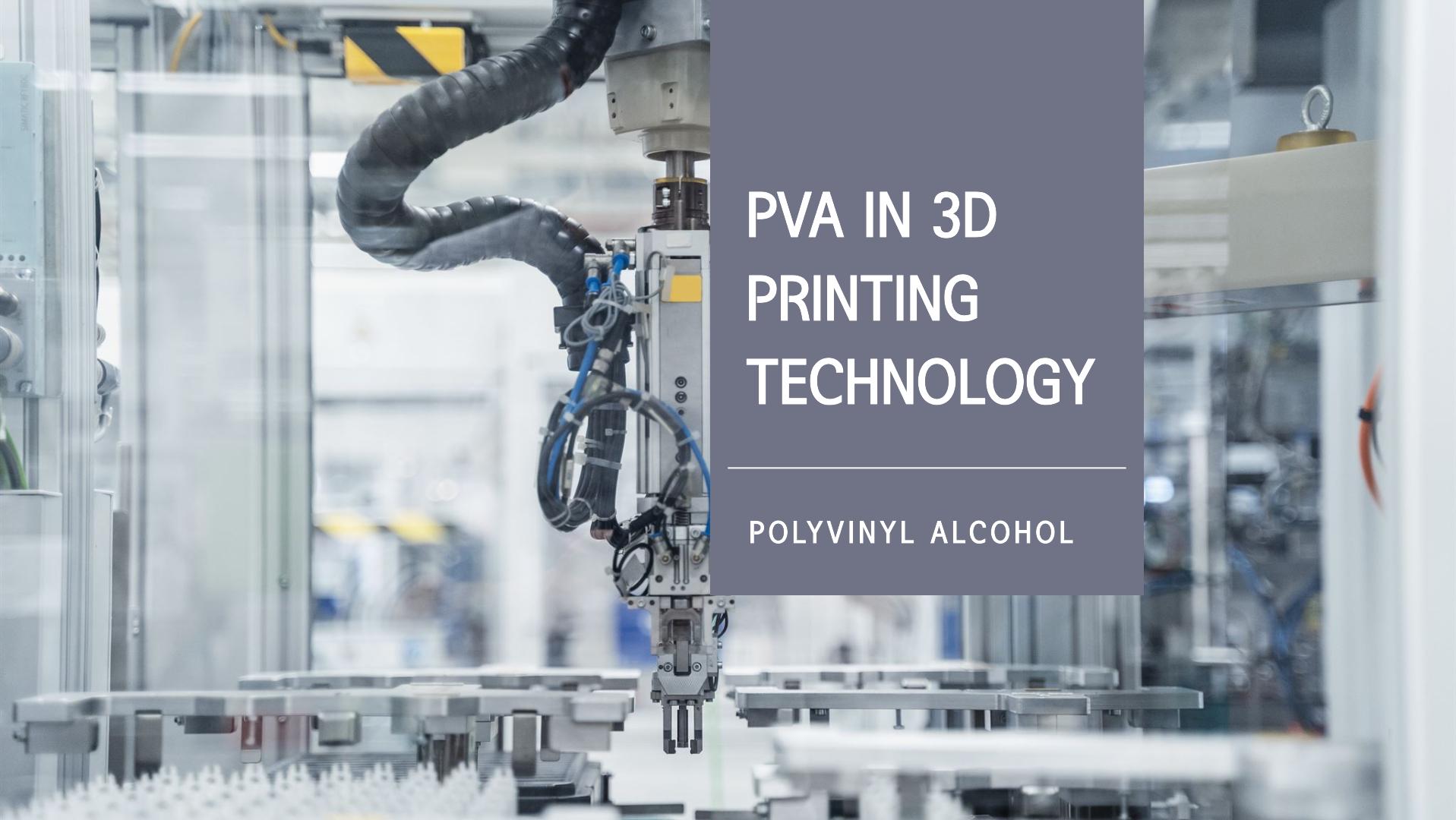Polyvinyl alcohol (PVA) is a water-soluble polymer, not to be confused with PVAc or polyvinyl acetate, which is a water-soluble white glue. In 3D printing, polyvinyl alcohol is popular as a support material because it is water-soluble.
For 3D printing, PVA is the most well-known support material used in
dual-extrusion 3D printers. Typically, fused deposition modeling (FDM) machines use the same material to create the prin
ted part and any support structures because there is only one extruder. Depending on the location of the support, removing the support can be a tricky job, not to mention the ugly marks
it can leave on the part. Dual extrusion FDM printers, on the other hand, allow the use of different materials for parts and brackets, which is where PVA comes in handy.
The best advantage of PVA filament is that it is water-soluble, and the printed support structure simply needs to be soaked in water for a few hours. This method also prevents any marks from being left on the part and reduces the need for post-processing such as sanding. It's not as simple as it sounds, dual extrusion can be quite tough and requires a lot of calibration to get a high quality 3D print. As a support material, PVA(PVA 088-35 & PVA 2088) generally works well with PLA filament because it requires similar printing conditions. PLA is a hydrophobic material, which means it does not "like" water, so if a PLA part is printed with a PVA support, only the support will dissolve in the water, leaving the other part in perfect condition.
Website: www.elephchem.com
Whatsapp: (+)86 13851435272
E-mail: admin@elephchem.com
ElephChem Holding Limited, professional market expert in Polyvinyl Alcohol(PVA) and Vinyl Acetate–ethylene Copolymer Emulsion(VAE) with strong recognition and excellent plant facilities of international standards.